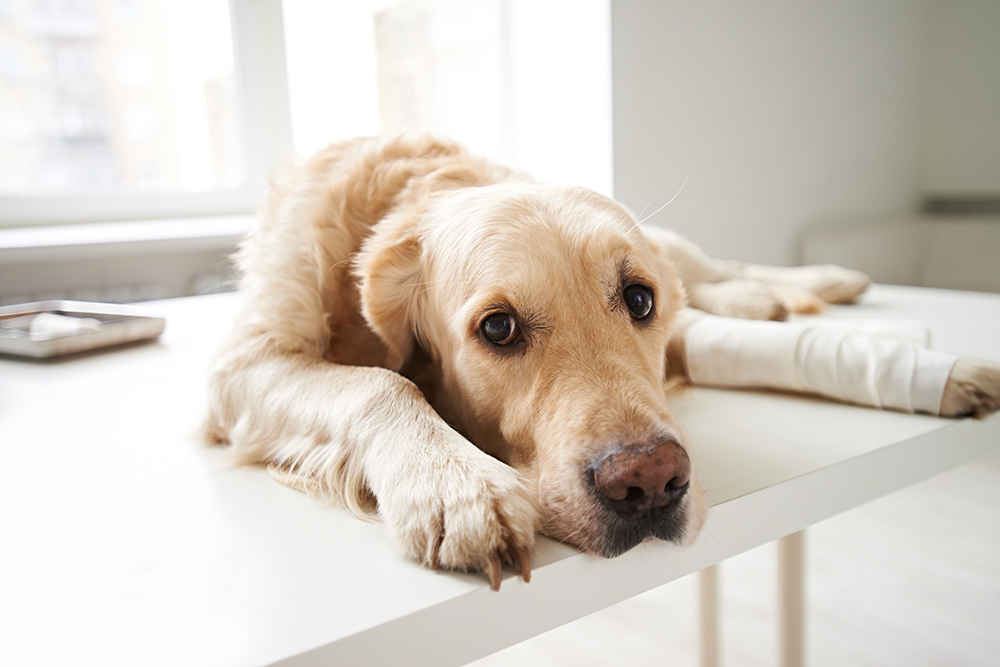Learn : Health & Wellness
5 signs your dog’s stomach is upset
No one wants to see their dog in pain, no matter how slight. If you suspect your dog’s stomach is upset, the concern can be paralyzing. What do I do? How can I help? Should I call the vet now, or wait until I can schedule a regular appointment?
They’re all reasonable thoughts to run through your mind, but as a team of pet health (and gut health) experts, we’ve had plenty of experience with upset stomachs. The best thing you can do in instances of suspected stomach illness is to slow down, take stock and look for a few key indicators.
- Gas and gas pain. If you’re noticing more foul-smelling emissions coming from your dog than usual, there’s a good chance something’s amiss in their stomach. Whether it’s bacterial, diet-related or internal injury, those odors are an indication that something needs a closer look. Take particular note if your dog seems to be in pain when they defecate or emit gas.
- Diarrhea. Perhaps the most identifiable sign of stomach discomfort or obstructions is diarrhea. If your dog’s stomach is upset, it’s likely to cause disruption to their typical emissions, leading to loose or watery stools. Similarly, they may experience a reduced appetite that stems from the discomfort they feel during the digestion process.
- Bad breath. While some of us may even have a hidden fondness for our dog’s unique stench, bacterial build-up in the stomach may result in particularly rotten breath that even the most doting of pet parents can’t stand up to.
- Atypical behavior. If you come home to find your dog hiding under the couch, tearing apart furniture or resisting the affection they typical adore, there's a decent chance they’re trying to conceal their stomach pain. Since dogs, of course, can’t point to the place on their body where they’re hurting, they’re more likely to display all-over pain or discomfort. This usually expresses itself in sudden behavior changes.
- Vomiting. Dogs vomit for a number of reasons, and while parsing them apart may feel above your paygrade at times, there are specific things to look out for, the most important of which are foreign objects and uncommon coloring. Black or red-streaked vomit, for example, could indicate an ulcer or other urgent stomach issue, which warrants immediate veterinary attention.
Take action early
You’re always better safe than sorry when it comes to your dog’s stomach. Minor issues can snowball into larger ones if not properly handled, and treatments may depend on how soon you and your vet catch the illness, disease or complication.



 Seizures in Dogs | What You Need to Know
Seizures in Dogs | What You Need to Know
 Eye Infections in Dogs
Eye Infections in Dogs
 Dog Licking Paws: Remedies and Solutions
Dog Licking Paws: Remedies and Solutions
 Dog Sprained Leg
Dog Sprained Leg
 Why is My Dog Losing Hair Around Their Eyes?
Why is My Dog Losing Hair Around Their Eyes?
 Why is my dog vomiting white foam?
Why is my dog vomiting white foam?